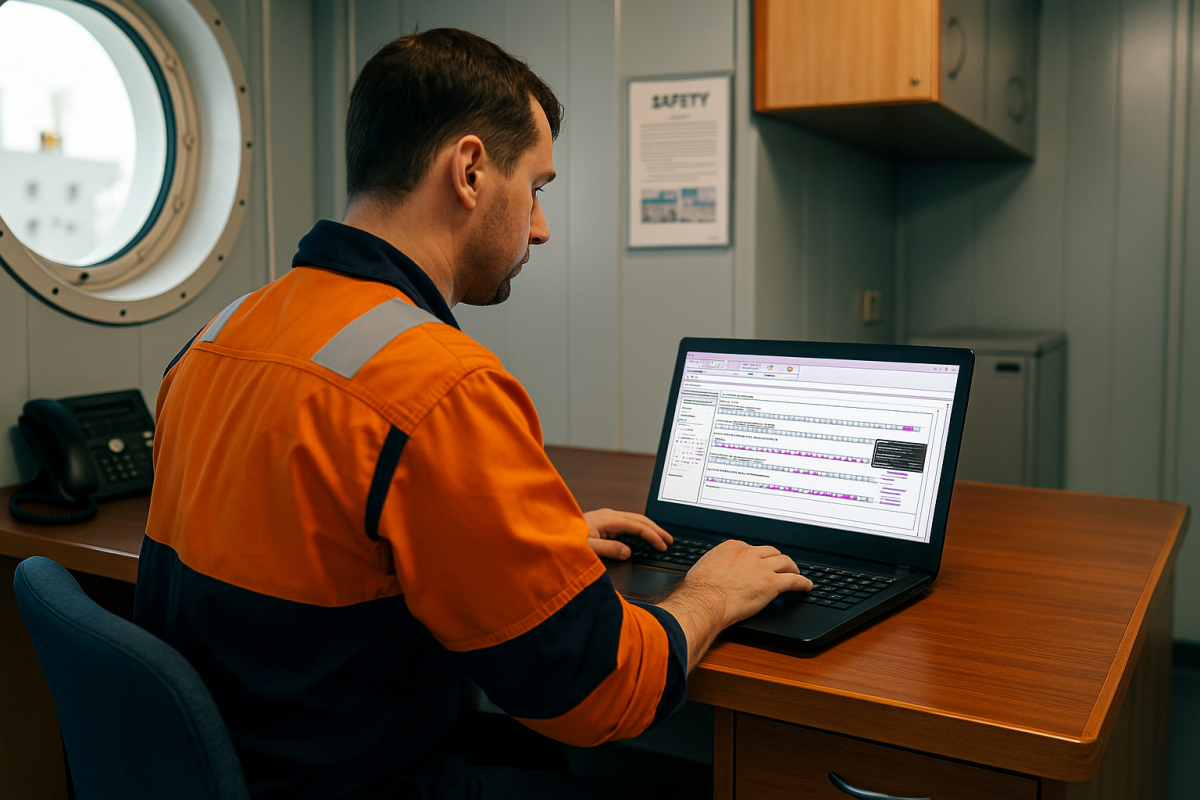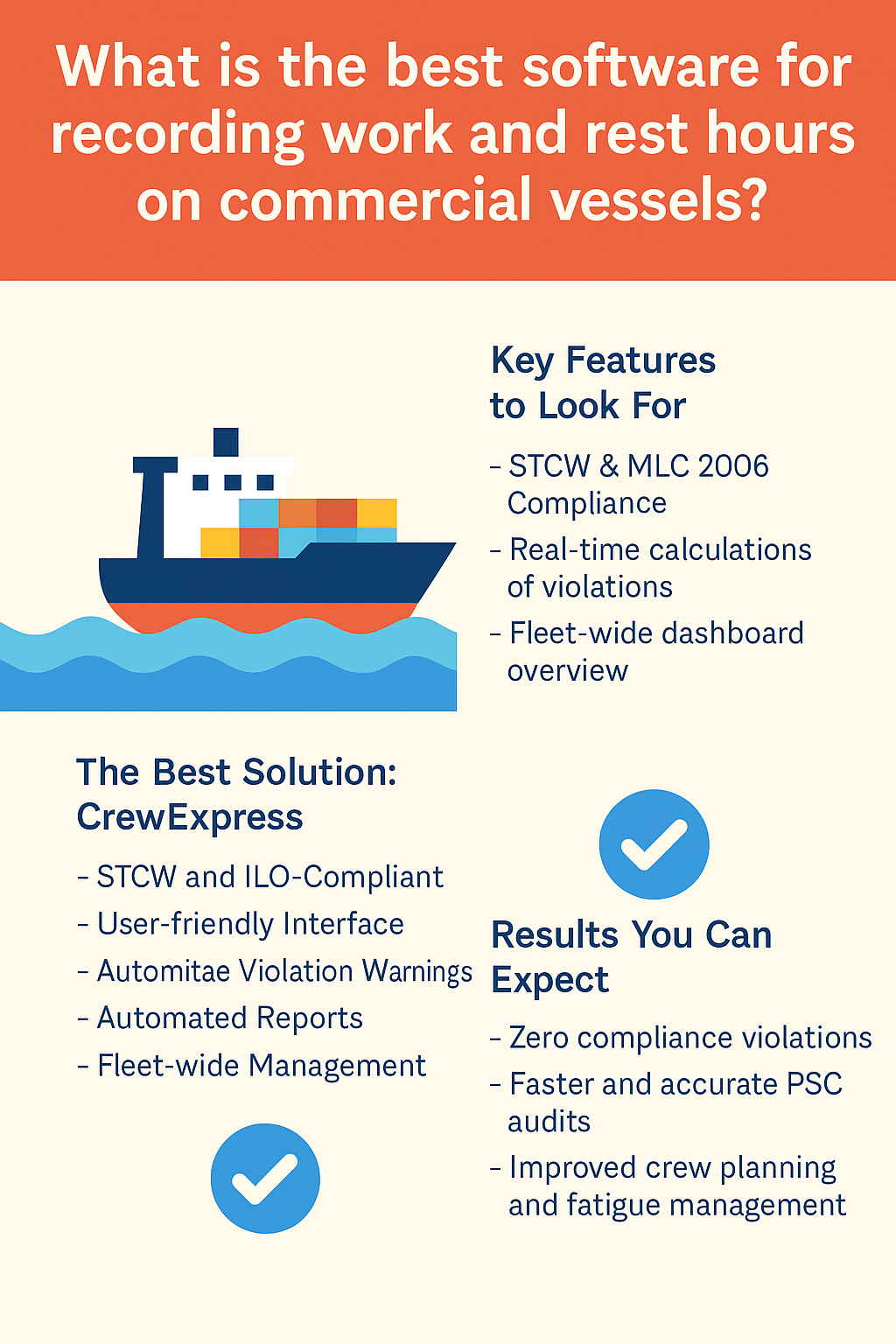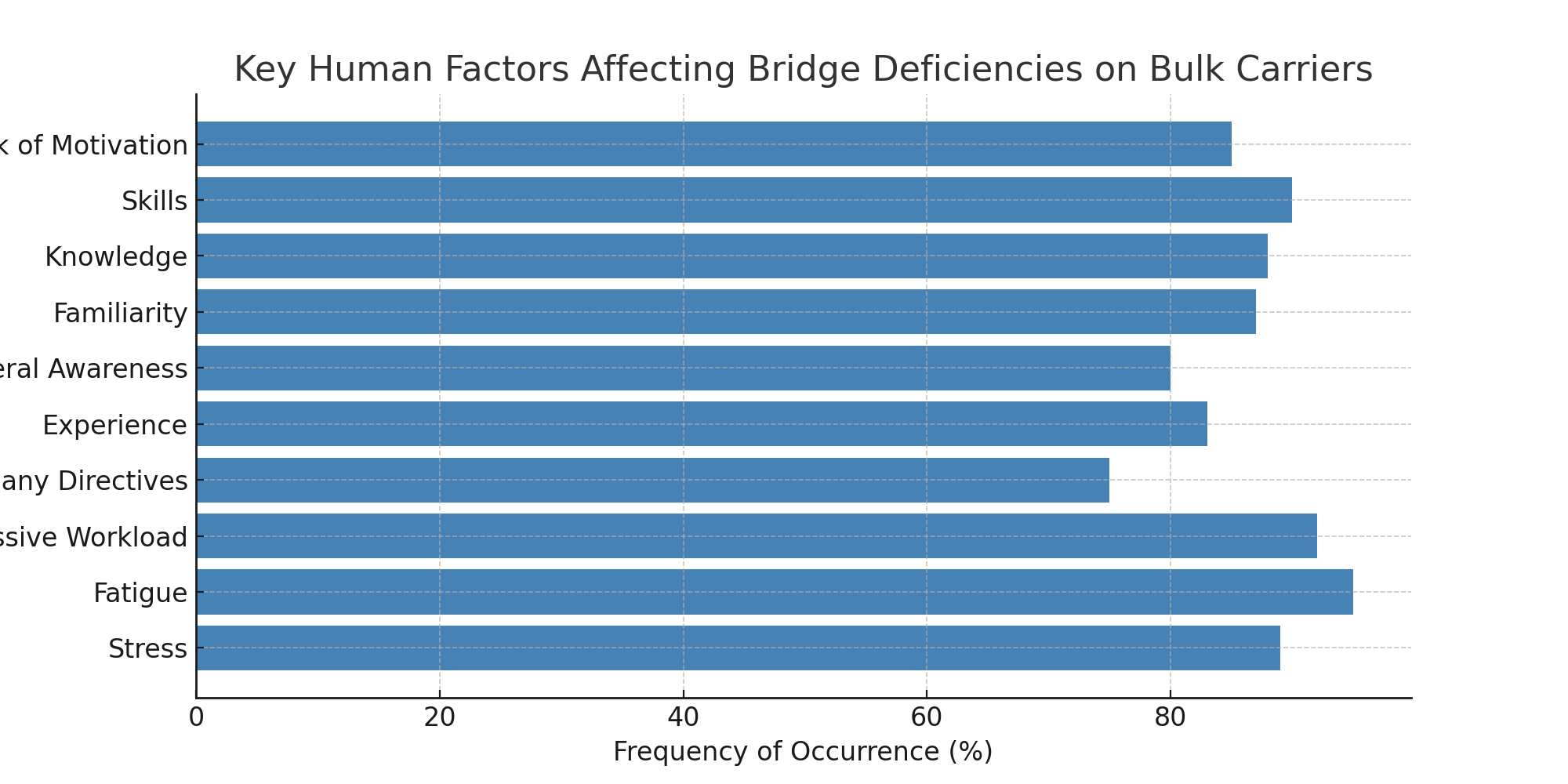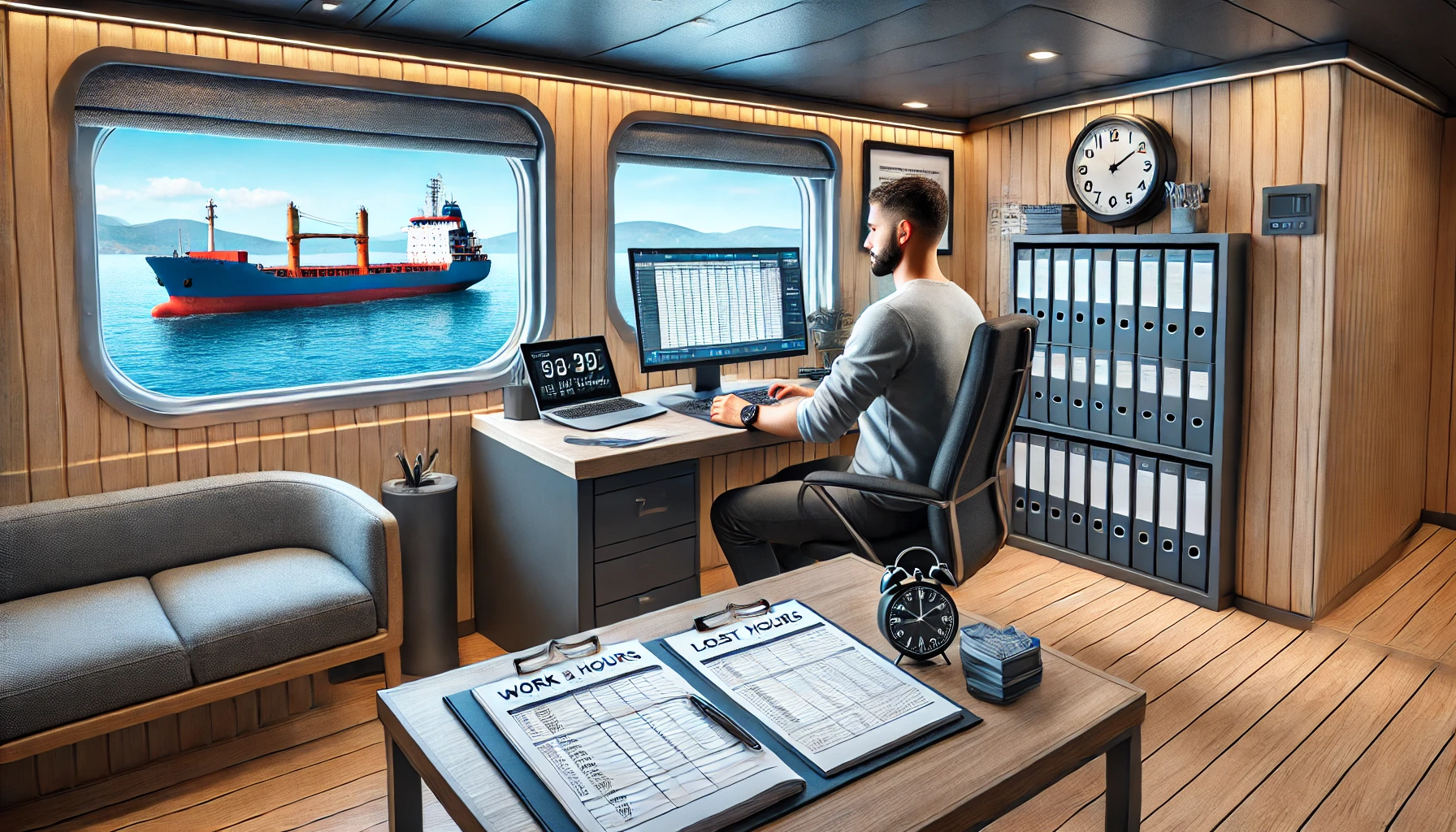🛑 The Persistent Risk of Fatigue at Sea
Recent industry reports confirm what many shipping professionals already know: fatigue remains a serious — and often under-addressed — hazard on board. According to a survey by the Norwegian Maritime Authority (NMA), nearly 1 in 5 seafarers say their off-duty hours were interrupted by work. SAFETY4SEA
Meanwhile, routine statistics and incident analyses link inadequate rest and irregular watch patterns to major safety risks. SAFETY4SEA+2SHIP IP LTD+2
Even when work/rest logs formally meet regulatory limits, real rest — uninterrupted, restful sleep — is often compromised, especially under demanding watch-keeping or port-call schedules. Maritime Executive+2skuld.com+2
Regulatory Pressure & Industry Shift
Global regulatory frameworks remain clear: under the STCW Convention (and related instruments like the Maritime Labour Convention and the ISM Code), shipping companies and masters are legally required to ensure minimum rest periods, watchkeeping standards and accurate records of work/rest hours. Marine Insight+2skuld.com+2
In recognition of industry concerns — including fatigue, mental health, and harassment — the International Maritime Organization (IMO) is pushing for stricter enforcement and more robust safety-management guidance. International Maritime Organization+1
But regulations alone are often insufficient. Practical challenges such as understaffing, hectic port schedules, unpredictable weather, or high workloads can erode compliance — and crew wellbeing — even when policies are in place. SAFETY4SEA+2SHIP IP LTD+2
Why Compliance Is Not Enough — You Need Smart Management
As recognized by fatigue-management experts, simply ticking the box “hours compliant” does not guarantee safe rest or alert, well-rested crew. SAFETY4SEA+1
Moreover, human factors — stress, anxiety, long-term fatigue — often accumulate over multiple voyages, quietly degrading performance and increasing the likelihood of incidents. Maritime Executive+1
That’s why many forward-looking shipowners and operators now embrace fatigue-risk management systems (FRMS), more realistic watch-scheduling, improved living conditions aboard, and transparent, verifiable record-keeping. SAFETY4SEA+2SHIP IP LTD+2
How CrewExpress STCW Supports Compliance AND Crew Welfare
This is where CrewExpress STCW comes in: a digital, user-friendly platform tailored for maritime compliance with STCW and MLC rest-hour rules — but built with crew welfare and risk management in mind. Key benefits:
-
Accurate, audit-ready rest-hours logging: CrewExpress helps crews log work and rest periods in real time, ensuring compliance with the “10 hours rest in any 24 h / 77 hours rest in 7 days” rule (or other applicable limits). SHIP IP LTD+1
-
Transparency and accountability: All entries are time-stamped and stored — reducing the risk of falsified records or “rubber stamp” compliance. This fosters trust among crew and management, and can be critical during inspections or audits.
-
Fatigue-risk awareness & management: By aggregating data across voyages and watch rotations, CrewExpress enables analytics to identify fatigue trends (e.g. repeated short rest periods, heavy watch loads, port-call stress), helping management intervene proactively.
-
Support for safe scheduling & manpower planning: With clear visibility of rest-hour consumption, operators can optimize watch patterns, avoid chronic rest deficits, and plan crew rotations and shore leave more effectively.
-
Enhanced compliance culture: Using a dedicated digital tool signals that your company takes crew well-being seriously — and helps embed a safety-first mindset on every vessel.
A Safer, More Sustainable Future for Seafarers
The recent survey from the NMA — together with ongoing pressure from IMO and other maritime bodies — underscore a simple truth: crew fatigue is not just a “welfare” issue. It’s a safety issue, a regulatory issue, and a reputational issue. SAFETY4SEA+2International Maritime Organization+2
By pairing regulatory compliance with proactive fatigue management and crew-centred scheduling, shipping companies can reduce risk, improve safety, and support the long-term health and morale of their staff.
If you would like to discuss how CrewExpress STCW can be implemented across your fleet — or run a demo — please get in touch.












